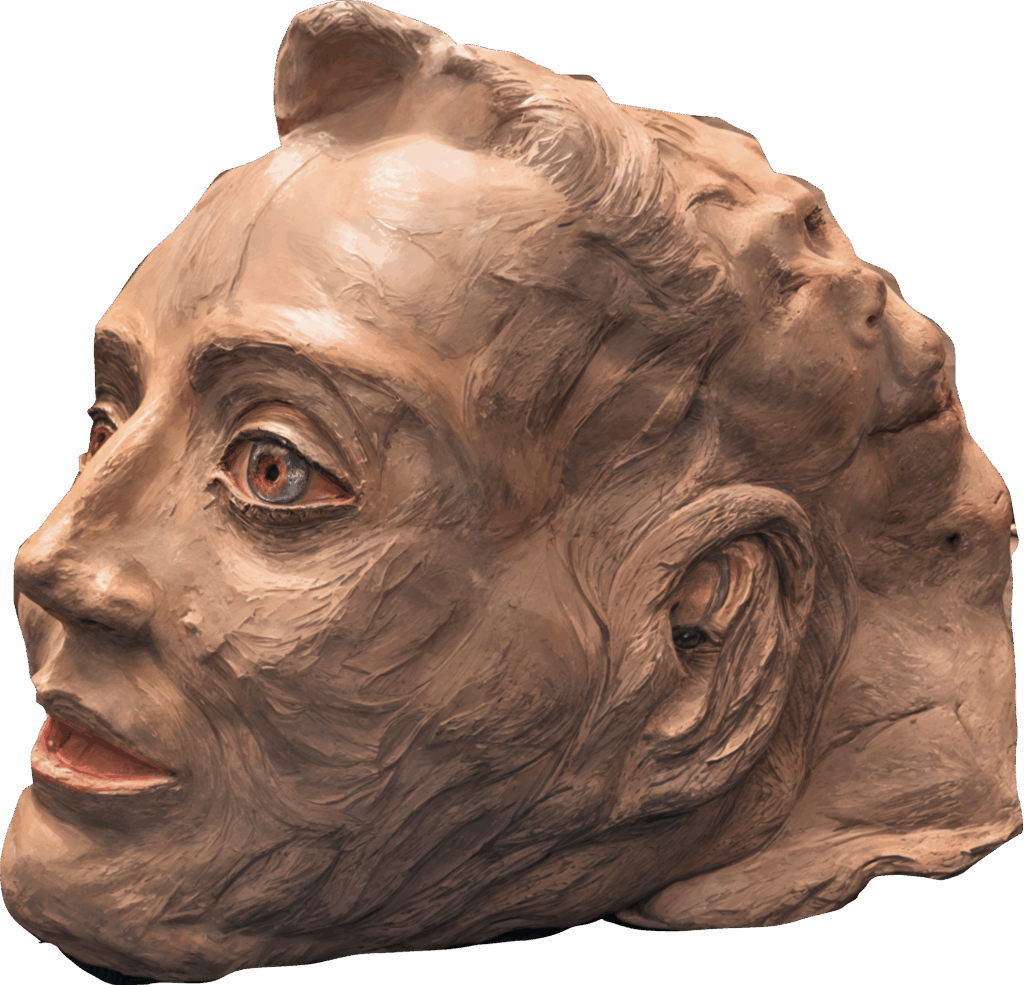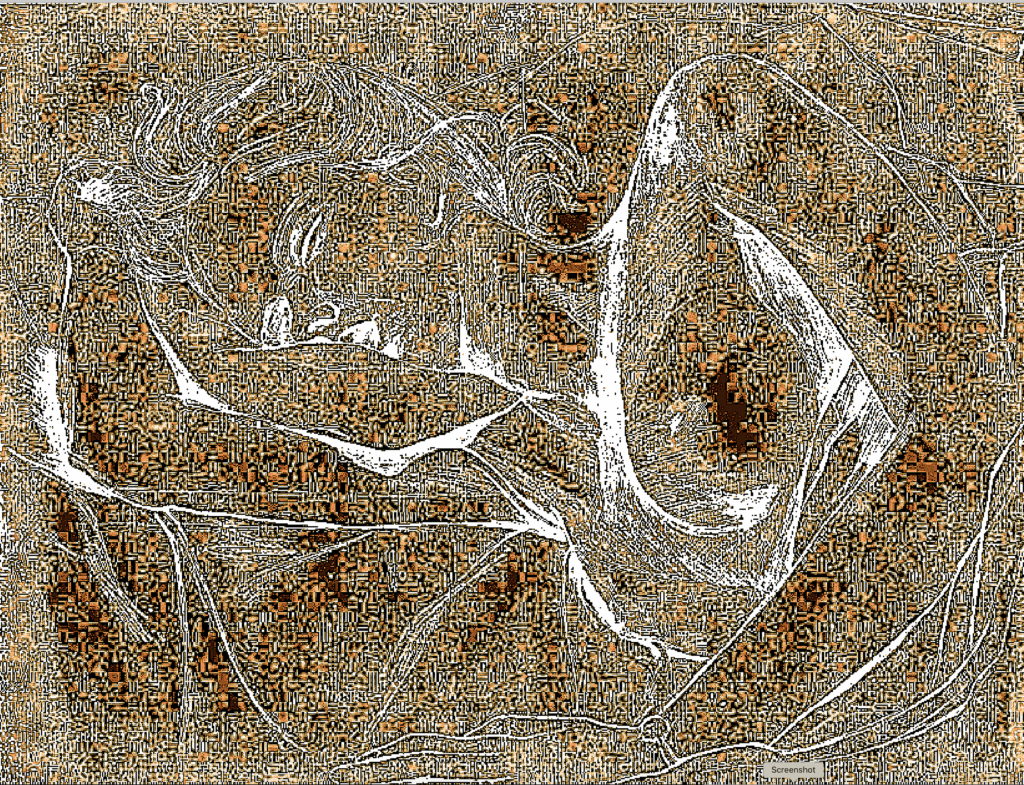
It has occurred to me during sleepless hours that our language is seriously lacking when it comes to expressing very real concepts. For example, we speak of falling to sleep and rising from sleep. But the precise moment of each of these events is a precursor event for which we only have a word for one of them. ‘Waking.’ There is no counterpart for the moment that we actually begin sleep. Waking begins consciousness, the other, for which there is no word, is when we lose consciousness. “I was asleep,” is an excuse for a duration of absence of consciousness. “When I lost consciousness” is a pretty wordy alternative for exactly when that absence began. It’s like saying, “He uses way too many polysyllabic words,” rather than, “He’s sesquipedalian.” Of course there’s “nodding off,” but that’s two words and refers to a bodily action that is only sometimes associated with what we are referring to. There’s a single word for virtually every concept of which we can conceive, even if we don’t use them in deference to those with limited vocabularies.
I think the reason for this omission is because language develops to support human intercourse and we can’t speak meaningfully about what we don’t actually experience, like the moment we fell asleep. You can say, “The last time I looked at the clock it was eleven thirty,” but that is a lower bound on what we are trying to express here. Whereas one typically hears an alarm that was set for a specific time or checks a clock when you awaken to determine the time one awoke. I suppose the specific moment, as against a lower bound, at which one loses consciousness in sleep is not of much importance. The specific moment of waking is perhaps more significant to all things human.

Dying is different. That moment of losing consciousness seems important. But it isn’t actually associated with consciousness; someone can be in a coma for years before they die. So, what’s the word.
Leave a Reply